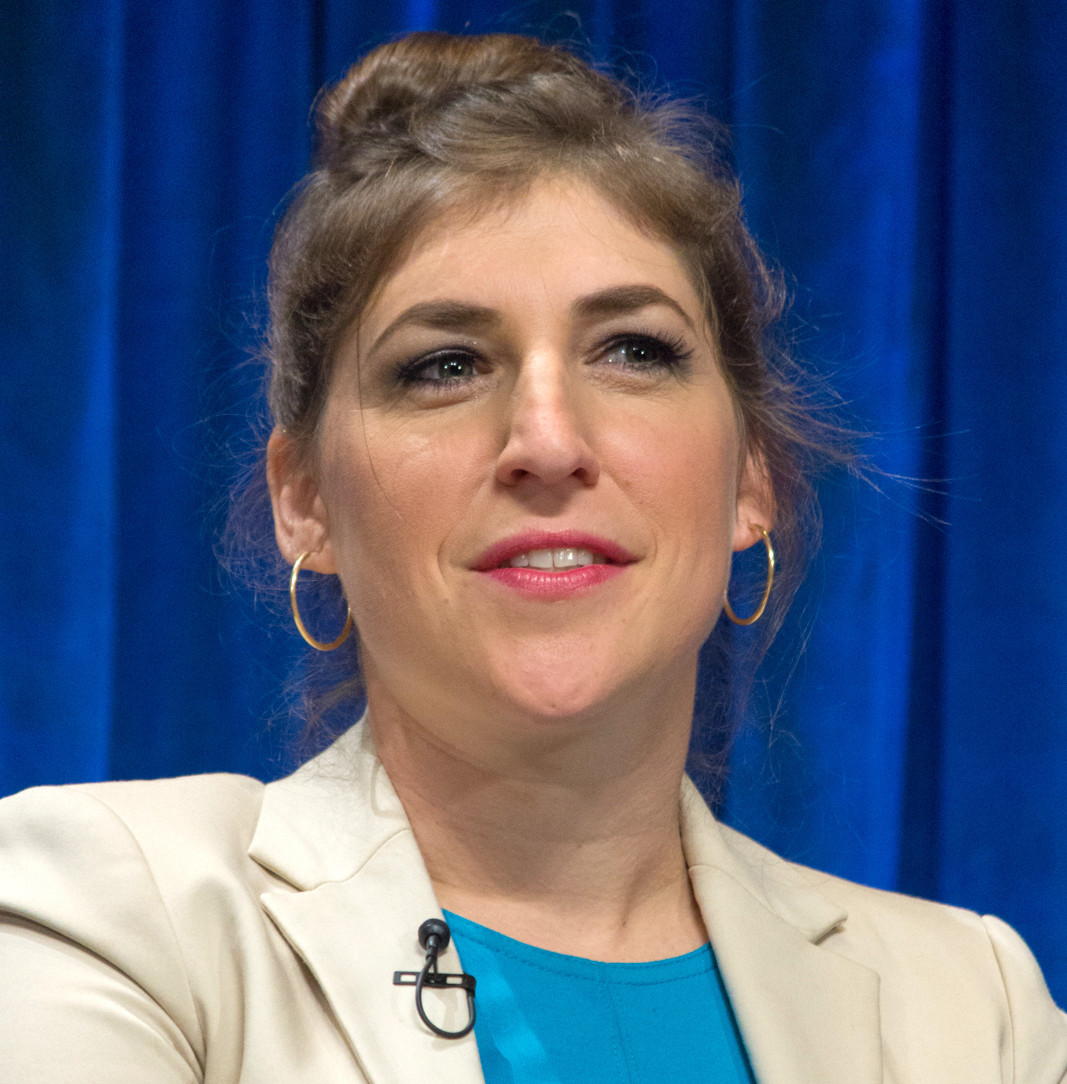MODESTY: Mayim Bialik’s suggestion inflames the internet
The internet exploded over the weekend after Mayim Bialik, in a New York Times op-ed titled “Being a Feminist in Harvey Weinstein’s World,” said — as she’s said before, but at less politically-charged moments — that she dresses and acts in a modest manner.
An actress on the long-running CBS sitcom “The Big Bang Theory,” Bialik, 41 and the mother of two sons, frequently speaks positively about Orthodox Judaism and has said that she does her best to maximize her observance.
Bialik said in her op-ed that under the influence of her immigrant Jewish parents, she has long made decisions that she considers “self-protecting and wise.”
“I have decided that my sexual self is best reserved for private situations with those I am most intimate with,” she wrote. “I dress modestly. I don’t act flirtatiously with men as a policy.”
She wrote that “absolutely nothing” excuses men’s sexual assault or abuse of women, adding that “we can’t be naive about the culture we live in.” She noted that she took a long break from Hollywood to get a doctorate in neuroscience and admonished young women that “having others celebrate your physical beauty is not the way to lead a meaningful life.”
On “The Big Bang Theory” she portrays nerdy neurobiologist Amy Farrah Fowler.
Critics quickly accused Bialik of suggesting that dressing and acting modestly is protection against the kind of behavior Weinstein is accused of. Mashable internet reporter Chloe Bryan said that Bialik was insinuating that she had evaded harm because of her choices, and that this was “irresponsible and dangerous.”
In a Facebook Live interview on Monday, Bialik emphasized that “the only people who are responsible for their behavior in assault [are] the predators who are commiting those horrendous acts.”
“I am deeply hurt if any woman … thinks that in any way I have been victim blaming,” she said.
In her essay, she wrote that she was “shocked and disgusted” by the accusations directed at Weinstein by dozens of women. However, she said, she was not surprised.
Bialik described the insecurities she felt growing up in show business as a “prominent-nosed, awkward, geeky, Jewish 11-year-old.” She criticized Hollywood as “an industry that profits on the exploitation of women — and not just on screen.”
“I quickly learned even as a preteen actress [from ages 14 to 19, she was the name star on the NBC TV series Blossom] that young girls with doe eyes and pouty lips who spoke in a high register were favored for roles by the powerful men who made those decisions,” she wrote.
“Contrary to Bialik’s implications, it’s not just ‘doe-eyed’ women with personal trainers who experience harassment,” Mashable’s Bryan wrote on Sunday. “It’s all of us.”
Social media users, including many self-described fans, echoed the sentiment.
“I still love you, but as a child molestation survivor with PTSD I can not take your words for any other way than the way they made me feel … disappointed,” wrote one woman.
“You need to take an honest read of what you wrote and commit to some serious introspection, if you think that wasn’t victim-blaming,” wrote another. “Very disappointing.”
One of Bialik’s minority of early defenders commented, “Mayim that was a very brilliant and powerful piece! Those who are taking it out of context either didn’t read or are not being intellectual enough to allow an objective analysis. My question to them is, do they lock their doors? No thief has a justification to deprive others of their property simply because they left their door unlocked, but that doesn’t make it reasonable to leave one’s door unlocked.”
Defender Michael Leon wrote that “by attacking Bialik … people are both denying the reality of her experience, which includes a narrative of facing discrimination in Hollywood for not fitting the traditional stereotype of a female actress, and dealing with self-esteem issues, and refusing to engage in the valid substance of the piece.”
In a post on her GrokNation.com website that predated her New York Times op-ed, Bialik wrote that with news of the Weinstein scandal breaking “over the Jewish religious holiday of Sukkot,” she first learned of it “as I emerged from my news-free cocoon that is religious observance.”
“We need to raise a future generation of girls who understand that the kind of attention men in power seem to promise is not something to aspire to, and that sexual attention does not equal validation,” she wrote on GrokNation.
“Having others celebrate your physical beauty is not the way to lead a meaninful life,” she said in the Times.
Her GrokNation post was accompanied by a video in which she confronted the question, “Will I Raise A Son Like Harvey Weinstein?”
Bialik in the author of the recently published book, “Girling Up: How to be Strong, Smart and Spectacular.”

 47.0°,
Mostly Cloudy
47.0°,
Mostly Cloudy 




